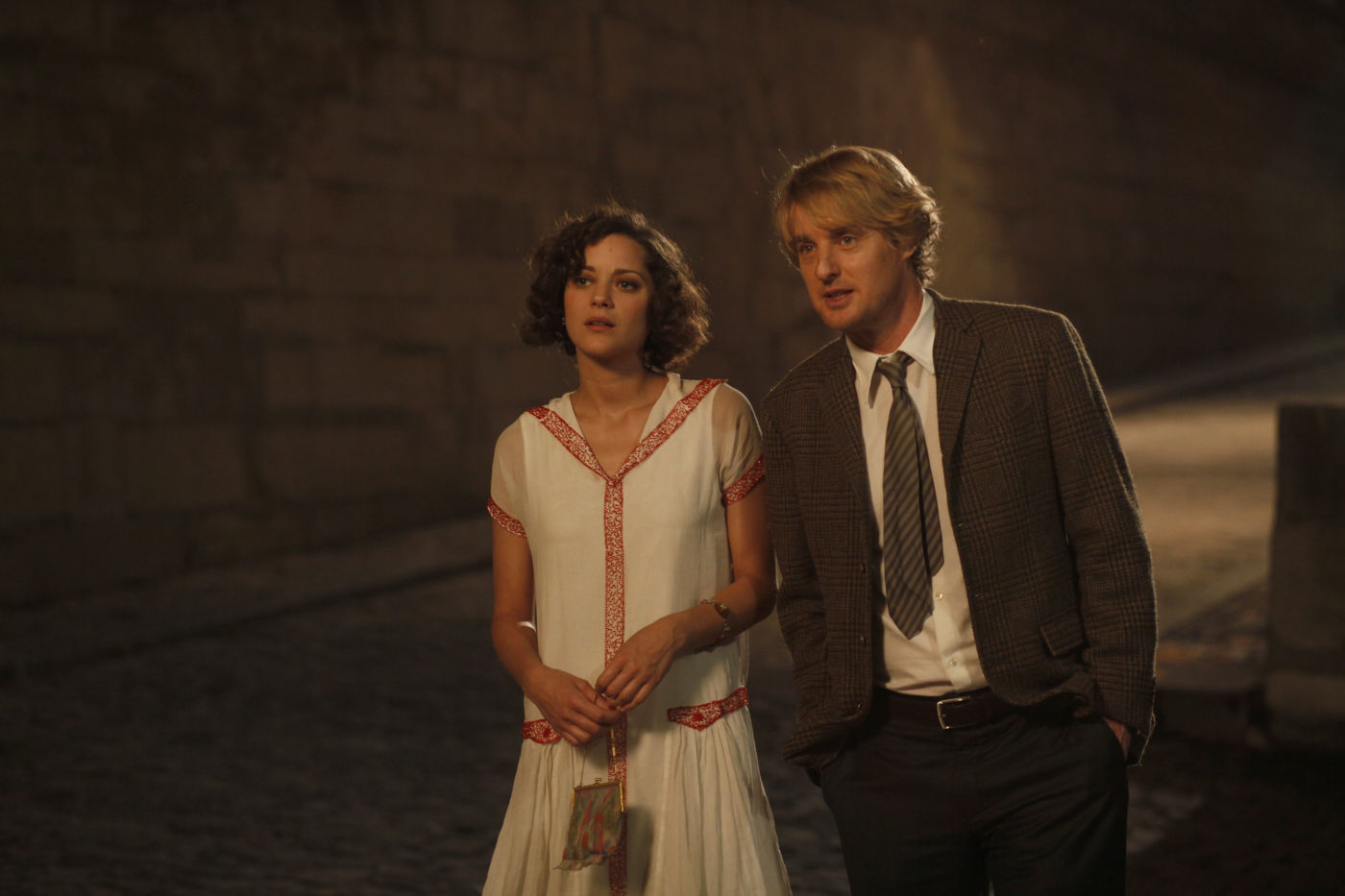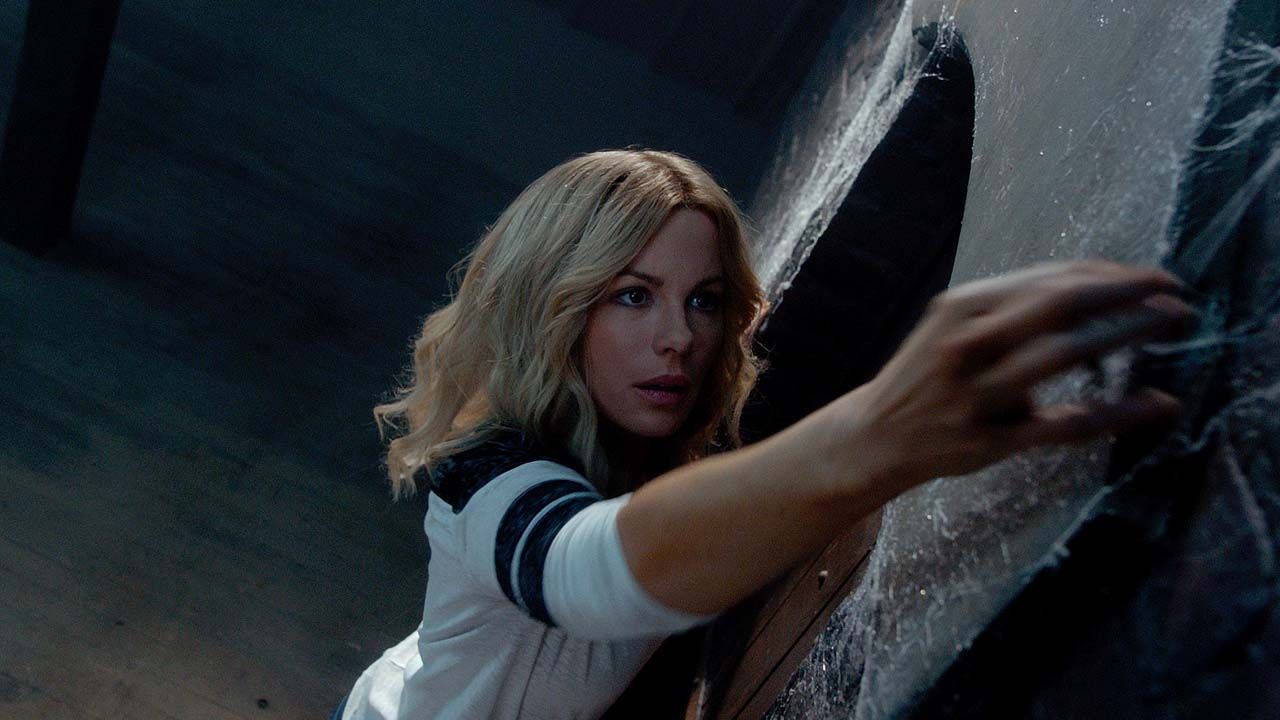Woody Allen is relevant again. Let me repeat that: Woody Allen is relevant again. How long has it been? For me, Crimes and Misdemeanors. For you, I cannot say. In fact, if you were born after 1980, it is very possible Woody Allen has never provided you a moment to be treasured. I’m sorry you only know irrelevant and “Soon Yi” Woody; the man meant much more to a different generation.
I can’t say I’ve enjoyed the modern era of Woody Allen. Problem is I grew up with the understanding that Sleeper was the funniest movie ever made and Annie Hall belonged in the top-10 of all time. My positions on both films have softened, albeit mildly, since that time, but you see where I’m going – since Crimes and Misdemeanors, finding the genius of Allen has been most difficult. Sure, I’ve enjoyed a few of his films: Small Time Crooks, Deconstructing Harry, Vicky Christina Barcelona, and Bullets Over Broadway among others. In 1985, Allen made Purple Rose of Cairo, a gem of a movie weaving reality and fantasy with a commentary on both. It isn’t until now that I feel he’s recaptured that spirit.
I digress, let me describe 2011 [read: present day] Allen. Midnight in Paris is pure intellectual fantasy. Gil the writer (Owen Wilson) finds himself in, well, Paris, but can’t seem to impress upon his fiancée Inez (Rachel McAdams) why the city means so much to him. When he waxes rhapsodic on the history of Paris in the 20s, the emotional gap between them widens and he finds himself isolated only to discover *poof* he is in Paris in the 1920s.
I suppose this is why we love film, isn’t it? I haven’t got a time machine, nor know how to get one, so “take me to 1920s Paris” doesn’t really work anywhere outside of fiction. Hell, “get me to Paris NOW” is well beyond my current reality. So here is romantic imagination come to life. And, of course, the vision of the writer coincides with Woody Allen’s own romantic vision; thus we’re introduced to several period figures: Ernest Hemingway (Corey Stoll), Gertrude Stein (Kathy Bates), F. Scott Fitzgerald (Tom Hiddleston). The name-dropping goes so deep it rounds “cliché” and returns to funny again once we hit a different Parisian era. These native 20s fellows not only befriend, they become instrumental in defining Gil’s own reality in comic fashion (check out the arguments he starts winning in present day France upon returning each morning). Consequently, Midnight in Paris explores a classic fiction theme – the kind that reminds you that you the viewer are anachronism, and there’s nothing wrong with that. That’s why fantasy exists in the place.
Personally, much as I have loved Woody Allen’s portfolio, I think Midnight in Paris is, in its own way, an anachronistic as Owen Wilson in 1920s Paris. Still, I’m glad Woody unearthed this vision no matter where it actually belongs.
Rated PG-13, 94 Minutes
D: Woody Allen
W: Woody Allen
Genre: Do it yourself fantasy
Type of person most likely to enjoy this film: Romantics
Type of person least likely to enjoy this film: Haters



